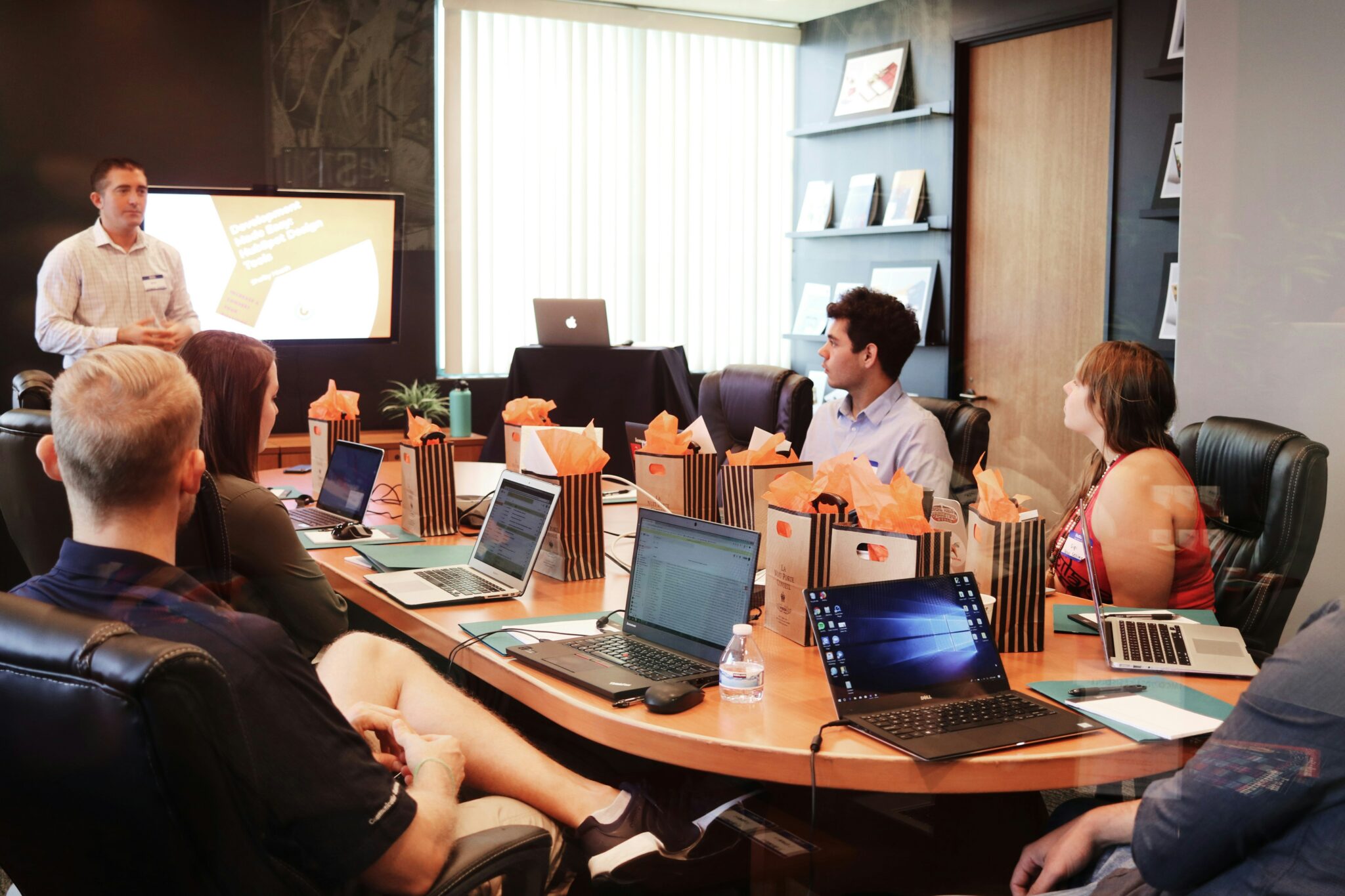Understanding the Role of a Manpower Agency in the Philippines
A manpower agency in Philippines plays a vital role in connecting employers with the right workers. These agencies act as a bridge, ensuring that businesses find qualified individuals while job seekers gain access to employment opportunities. Unlike independent recruitment efforts, manpower agencies streamline the process by maintaining databases of skilled workers and pre-screening applicants for employers. This allows companies to save time while ensuring they hire the most suitable candidates. Beyond local hiring, manpower agencies also assist with overseas employment, where Filipino workers are in high demand. The agency serves as a professional partner to both employers and employees, balancing the needs of the labor market. With their expertise, manpower agencies contribute significantly to the workforce development in the country.
Why Businesses Partner with a Manpower Agency in the Philippines
Companies of all sizes often choose to work with a manpower agency in Philippines because of the efficiency it brings to hiring. Recruiting talent can be time-consuming and costly, but agencies handle sourcing, screening, and initial interviews, giving employers access to ready-to-hire candidates. Many businesses also value the industry-specific expertise agencies provide, particularly in sectors like healthcare, construction, information technology, and hospitality. By working with manpower agencies, companies can scale their workforce quickly depending on project demands. The partnership also reduces the risks associated with hiring unqualified staff or dealing with high turnover. Since agencies have a wide reach, they can source talent both locally and abroad, giving employers flexibility. Overall, the collaboration between businesses and manpower agencies ensures smoother operations and better staffing outcomes.
How Job Seekers Benefit from a Manpower Agency in the Philippines
For job seekers, a manpower agency in Philippines opens doors to employment opportunities that may not be accessible through traditional job searching. Many companies rely solely on manpower agencies to fill their vacancies, which means job seekers registered with these agencies gain access to exclusive roles. Beyond matching candidates with employers, manpower agencies also provide career guidance, skills training, and interview preparation, helping applicants stand out in a competitive job market. Those looking for overseas employment also benefit greatly, as agencies handle visa processing, documentation, and deployment arrangements. Filipino workers are known globally for their skills and dedication, and manpower agencies help them secure roles in industries that value these qualities. Additionally, manpower agencies often provide support throughout the employment contract, ensuring workers are treated fairly. This professional assistance gives job seekers confidence and security in their career journey.
Types of Services Offered by Manpower Agencies in the Philippines
A manpower agency in Philippines provides a wide range of services designed to meet the diverse needs of both employers and job seekers. Permanent staffing services help companies fill long-term positions by carefully matching candidates’ skills with job requirements. Temporary and project-based staffing are also available, ideal for businesses with seasonal needs or short-term projects. Overseas recruitment remains one of the most sought-after services, as manpower agencies deploy skilled and semi-skilled workers abroad for industries such as healthcare, engineering, construction, and domestic services. Some agencies specialize in specific industries, providing tailored recruitment solutions to sectors like information technology, business process outsourcing, and hospitality. Agencies also offer executive search services for companies seeking top-level managers and professionals. This variety of services ensures that manpower agencies can cater to both small businesses and large corporations with complex staffing requirements.
The Recruitment Process of a Manpower Agency in the Philippines
The recruitment process within a manpower agency in Philippines is carefully structured to ensure efficiency and quality. It usually begins with job posting and candidate sourcing, where agencies attract applicants through advertisements, referrals, and job fairs. Next, applicants undergo screening, including background checks, skills assessments, and interviews, to verify their qualifications. Once candidates are shortlisted, agencies match them with employer requirements and facilitate client interviews. For overseas placements, manpower agencies also handle documentation, medical examinations, and government compliance before deployment. This organized process reduces the chances of mismatches and ensures candidates meet both company and regulatory standards. By following a standardized approach, manpower agencies deliver reliable results for both job seekers and employers.
Legal Framework Governing Manpower Agencies in the Philippines
Operating a manpower agency in Philippines requires strict compliance with government regulations. The Department of Migrant Workers (DMW), which now oversees functions previously handled by the Philippine Overseas Employment Administration (POEA), plays a crucial role in licensing and monitoring agencies. Legitimate manpower agencies must secure proper accreditation before engaging in recruitment, particularly for overseas employment. These agencies must also adhere to ethical standards, ensuring that job seekers are not charged with excessive or illegal placement fees. Job seekers and employers are advised to verify the legitimacy of agencies through official government websites to avoid dealing with illegal recruiters. The legal framework protects workers from exploitation while ensuring that employers receive qualified and properly documented candidates. Compliance with these laws builds trust and credibility for manpower agencies in the Philippines.
Common Challenges in the Recruitment Industry and How Agencies Address Them
The recruitment industry faces several challenges, and manpower agencies in Philippines play a key role in addressing them. One common issue is job mismatching, where applicants are placed in roles that do not align with their skills, leading to dissatisfaction and turnover. Agencies counter this by implementing stricter screening and skills evaluation. Another challenge is the complex process of overseas deployment, which involves numerous legal and logistical steps. Manpower agencies simplify this for workers by managing the paperwork and ensuring all requirements are met. There is also the issue of illegal recruiters, which manpower agencies help combat by operating transparently and maintaining government accreditation. Moreover, agencies continue to adapt to changing labor demands, such as the growing need for digital and technical skills. By staying proactive, manpower agencies contribute to a more stable and reliable labor market.
How to Choose a Reliable Manpower Agency in the Philippines
Selecting the right manpower agency in Philippines is crucial for both employers and job seekers. Employers should look for agencies with a proven track record in their industry and verify their government accreditation. Job seekers, on the other hand, should research whether an agency has proper licensing and avoid those asking for questionable fees. Transparency, professionalism, and clear communication are indicators of a trustworthy manpower agency. It is also advisable to check reviews, testimonials, and official listings provided by government bodies. Employers benefit from agencies that demonstrate long-term commitment and a strong understanding of their business needs. Job seekers should prioritize agencies that provide training and ongoing support. Making informed choices ensures a positive experience and successful outcomes for both parties.
The Future of Manpower Agencies in the Philippines
The role of a manpower agency in Philippines continues to evolve as the labor market changes. With global demand for Filipino workers remaining strong, agencies are expected to expand their reach in overseas recruitment. Locally, manpower agencies are embracing digital platforms, artificial intelligence, and automation tools to streamline recruitment processes. Remote work has also reshaped the employment landscape, with agencies now matching workers to virtual roles across different industries. The rise of specialized skills in technology, healthcare, and renewable energy is pushing agencies to develop new training programs to prepare workers for the future. Agencies that invest in innovation and worker development are likely to remain competitive and relevant. The future promises a more dynamic, efficient, and global manpower industry that continues to support both employers and Filipino workers.
Frequently Asked Questions (FAQ)
1. What is the difference between a manpower agency and a recruitment firm in the Philippines?
A manpower agency typically handles both local and overseas placements, while recruitment firms often focus on professional or corporate hiring. Both provide staffing solutions but may differ in scope and specialization.
2. How can I check if a manpower agency is legitimate?
You can verify an agency’s license through the Department of Migrant Workers (DMW) website or official government listings. Avoid agencies that cannot present proper accreditation or request suspicious fees.
3. Do manpower agencies charge job seekers any placement fees?
Legitimate manpower agencies in the Philippines follow government guidelines on fees. For overseas jobs, some fees may apply but must be within legal limits. Many local placements, however, are free for job seekers.
4. What industries commonly use manpower agencies in the Philippines?
Industries such as construction, healthcare, information technology, hospitality, and manufacturing rely heavily on manpower agencies for staffing needs. Overseas employment also spans industries like domestic work, engineering, and shipping.
5. How long does the hiring process usually take through a manpower agency?
The hiring timeline varies depending on the role and requirements. Local placements may take a few weeks, while overseas employment can take several months due to documentation and government processing.











